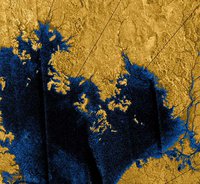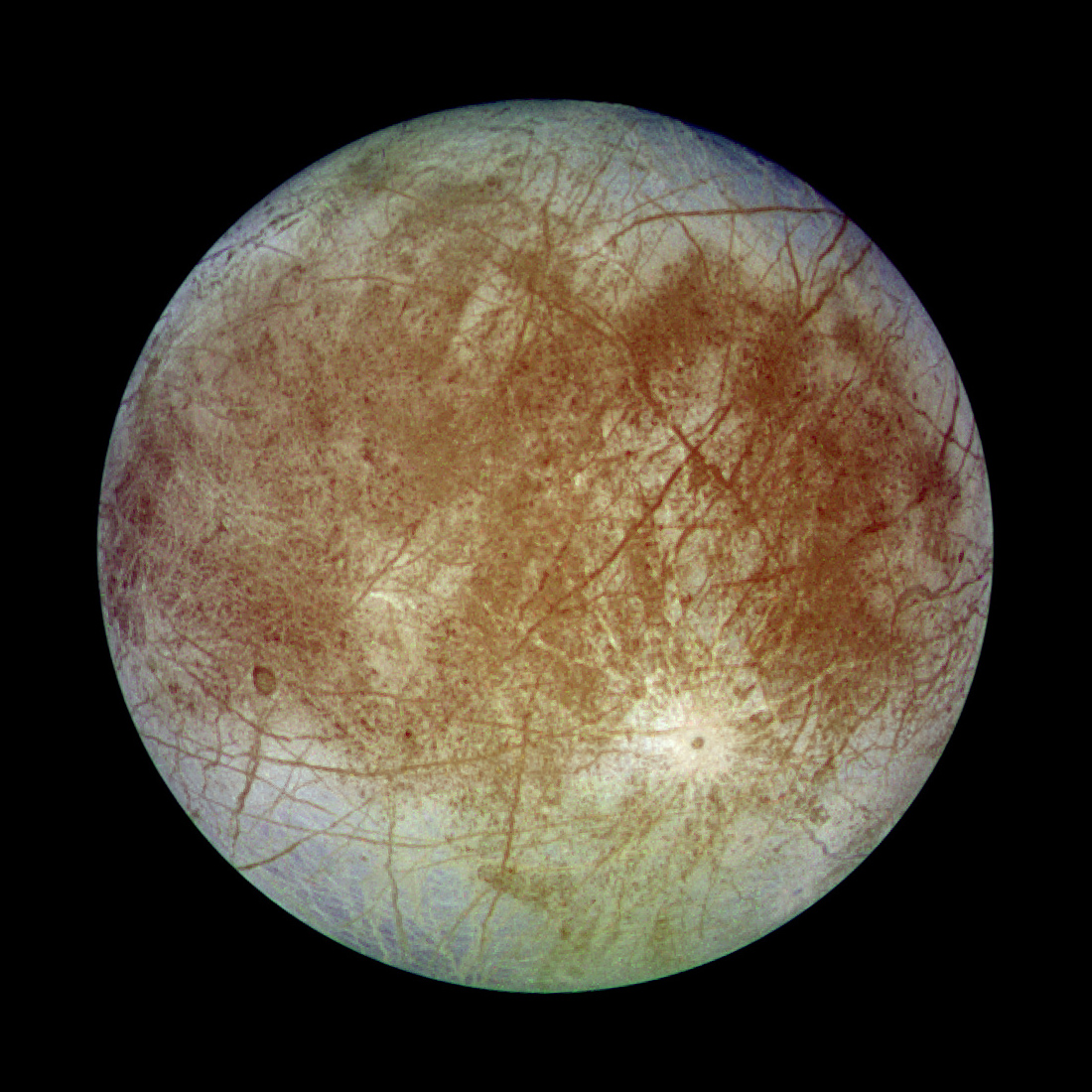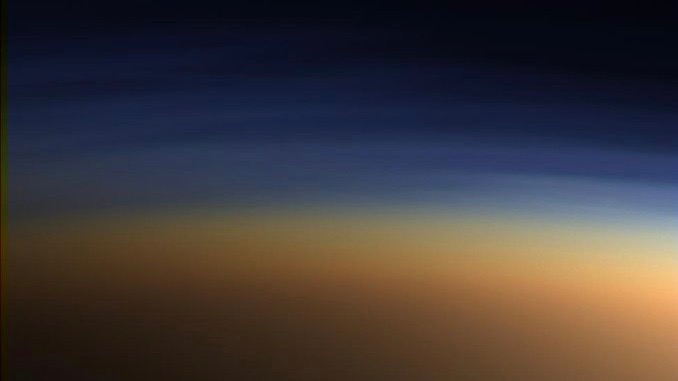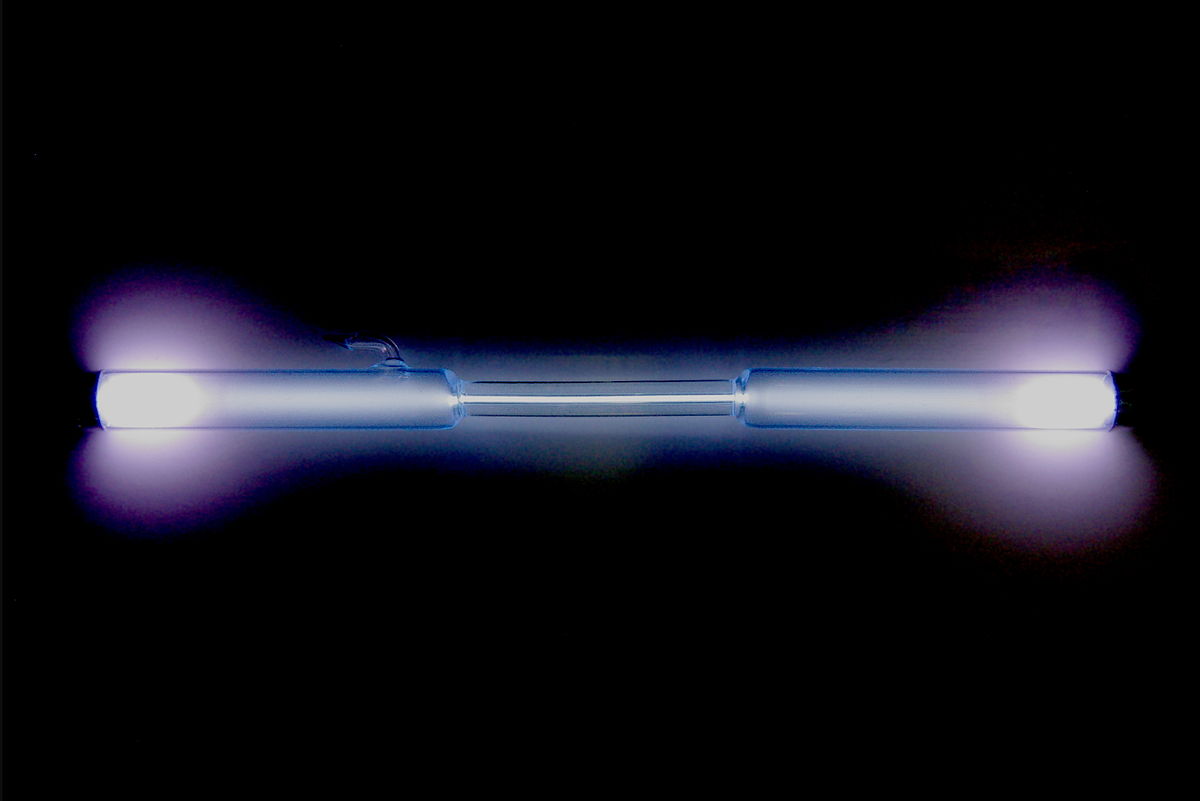
Organic compounds are degraded and synthesized in hydrothermal systems on Earth. For example, the degradation of organic matter in sedimentary environments leads to the formation of petroleum; while abiotic organic synthesis may occur in hydrothermal vents, which may play a critical role in the origin of life. The key to understanding these important processes is to understand the detailed reaction mechanisms, particularly how carbon-carbon bonds can be broken and formed under geochemically relevant conditions. I will show how experiments guided by principles of physical organic chemistry have significantly improved our understanding of decarboxylation and abiotic CO2 fixation. In the second half of this talk, I will introduce the new field of cryogenic fluvial geochemistry, as applied to Saturn’s planet-like moon, Titan. Liquefied natural gases are present on Titan’s surface, most famously as lakes. Solid organic compounds are also thought to be widespread as a result of deposition from the atmosphere. A fundamental question is: What kinds of geochemistry can occur when these materials meet? I will show how thermodynamic modeling can be used to calculate the solubilities of organic minerals in the cryogenic hydrocarbon solvents on Titan. Despite the extreme differences in physical and chemical conditions on Titan and Earth, we will discover intriguing parallels in the fluvial geochemistry of the only wet worlds in the Solar System.
 Getting Under Europa’s Skin
Getting Under Europa’s Skin Tracing Formation and Evolution of Outer Solar System Bodies Through Stable Isotopes and Noble Gas Abundances
Tracing Formation and Evolution of Outer Solar System Bodies Through Stable Isotopes and Noble Gas Abundances Photosynthesis, a Planetary Revolution
Photosynthesis, a Planetary Revolution Xenon: King of the Gases
Xenon: King of the Gases